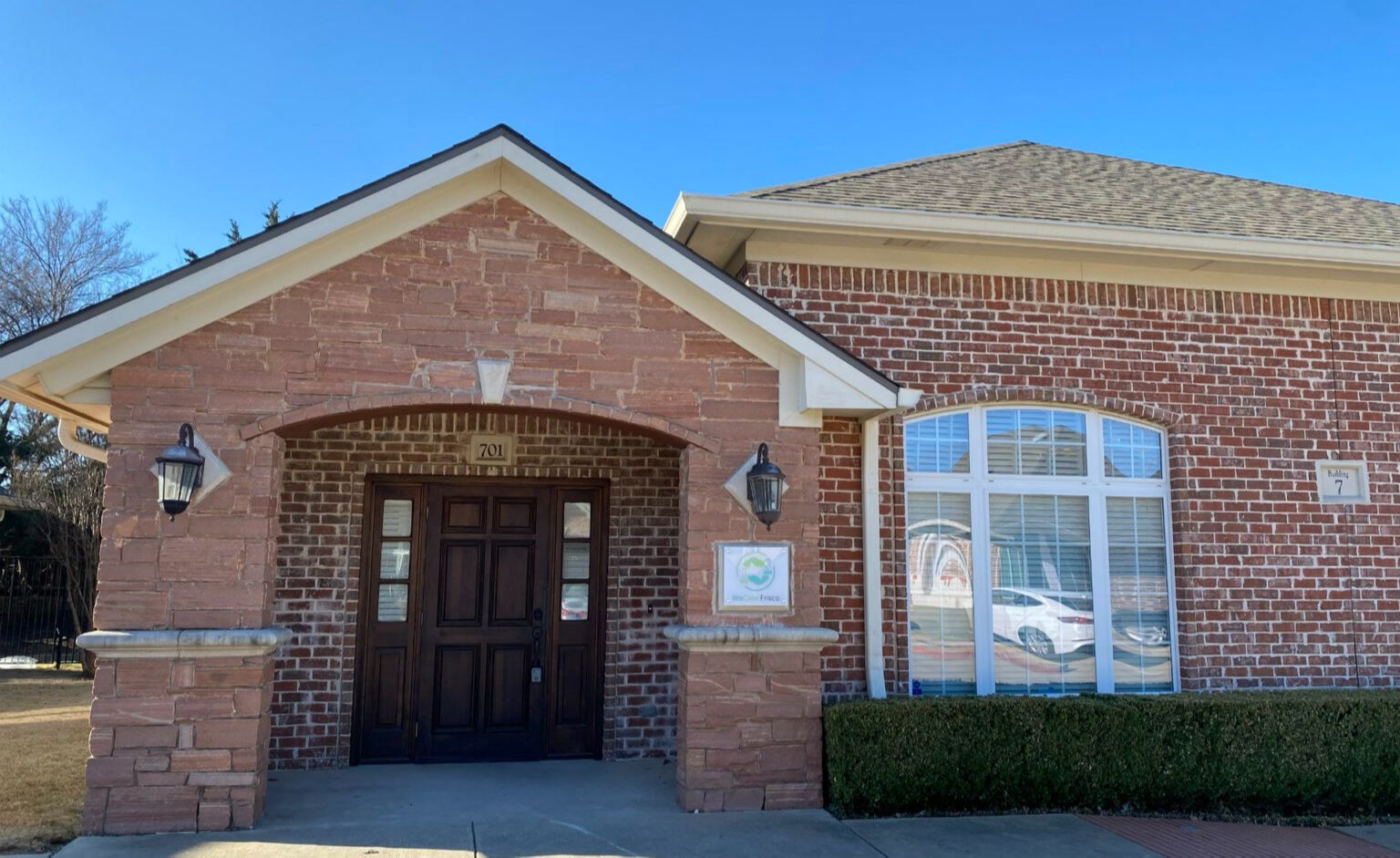
Embracing Strong Bones: A Positive Approach to Osteoporosis Awareness Month
May 07, 2024By Jennifer Engels, MD
As we enter Osteoporosis Awareness Month, I think we need to highlight the growing threat of osteopenia and osteoporosis, especially as we age. However, amidst this awareness, it's crucial to recognize that these conditions are not inevitable. There are proactive steps each of us can take to safeguard our bone health and maintain strong, resilient bones well into our golden years.
What is Osteoporosis?
Osteoporosis is a disease that weakens bones, making them thinner and less dense than they should be. In our younger years, our bones are usually strong enough to support our weight and withstand most of the impacts we encounter in our daily lives. However, as we age, our bones lose some of their density and ability to regrow themselves. Consequently, individuals suffering from osteoporosis are more likely to suffer a bone fracture even after a relatively minor fall.
Most people don’t know they have osteoporosis until they suffer a broken bone, and while the disease can lead to a fractured bone anywhere in your body the most commonly affected include:
- Hips—Hip fractures
- Wrists
- Spine—Fractured vertebrae
How Common is Osteoporosis?
According to specialists at the Cleveland Clinic, half the females and one in four males over 50 suffer from osteoporosis. Those figures mean that about 50 million Americans are living with this disease.
Studies have also shown that one in three adults over 50 has some degree of reduced bone density, known as osteopenia. If this condition is not treated, osteopenia can lead to osteoporosis.
While aging is a significant risk factor for both conditions, lifestyle factors such as poor diet, lack of exercise, hormonal imbalances, and a family history of low bone mass also play crucial roles.
Symptoms of Osteoporosis
Osteoporosis doesn’t have the outward symptoms that often accompany other health conditions, signs like headaches, stomachaches, or fever. Because of the lack of outward symptoms, healthcare providers frequently refer to osteoporosis as a silent disease.
On the other hand, you might notice changes in your body indicating you may suffer from osteoporosis. These warning signs include:
- Losing an inch or more in height
- Stooping or bending forward more
- Lower back pain
- Shortness of breath if the disks in your spine are compressed enough to reduce your lung capacity
7 Active Steps for Bone Health
Fortunately, there is some good news in the midst of all these facts and figures. As I said, there are several proactive measures we all can take to reduce the risk of losing bone density and suffering from osteopenia or osteoporosis. These include:
- Adopting a Balanced Diet: A varied, healthy diet rich in calcium, vitamin D, vitamin K, magnesium, and other essential nutrients is vital for bone health. Incorporate plenty of leafy greens, organic dairy or dairy alternatives, nuts, seeds, wild caught fish, and fortified foods into your meals to support strong bones.
- Regular Exercise: Weight-bearing exercises such as walking, jogging, dancing, racket sports, and strength training can help build and maintain bone density. Aim for at least 30 minutes of exercise most days of the week to keep your bones strong and resilient. Try to do some sort of resistance training at least 3 days a week.
- Maintaining Hormonal Balance: Hormones like estrogen and testosterone play critical roles in bone health. For women approaching menopause or individuals experiencing hormonal imbalances, consulting with a healthcare provider to optimize hormone levels is essential to support bone density.
- Avoiding Harmful Habits: Smoking and excessive alcohol consumption can negatively impact bone health. Quitting smoking and limiting alcohol intake can help preserve bone density and reduce the risk of fractures.
- Regular Bone Density Testing: Periodic bone density testing can help detect early signs of bone loss and guide preventive measures and treatment strategies.
- Reducing Harmful Toxins: A buildup of heavy metals, environmental pollutants, and other toxins can negatively impact bone health.
- Improving the Gut Microbiome: Abnormal bacterial overgrowth and gut pathogens can cause systemic inflammation, which also has a negative impact on bone health.
Functional Medicine's Approach to Bone Health
As I have often said, Functional Medicine takes a holistic and personalized approach to healthcare, focusing on identifying and addressing the root causes of health issues rather than just treating symptoms. Regarding bone health, Functional Medicine practitioners evaluate factors such as nutrition, hormone balance, inflammation, nutrient deficiencies, gut health, and lifestyle habits to develop comprehensive and tailored treatment plans.
Embrace Strong Bones with WeCare Frisco
At WeCare Frisco, we believe optimal health is within reach for everyone, regardless of age. If you're concerned about your bone health or want guidance to prevent bone density loss, we're here to help. Our team is dedicated to empowering individuals to live vibrant, active lives by prioritizing bone health.
Contact us today at 972-668-2636 to schedule a free discovery call and take the first step toward protecting your bones and embracing a life of strength and vitality. Together, we'll develop a personalized regimen to support your bone health and enable you to live your best life at any age.
Let's embrace solid bones and a brighter future together!



